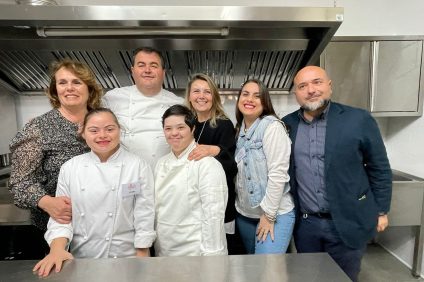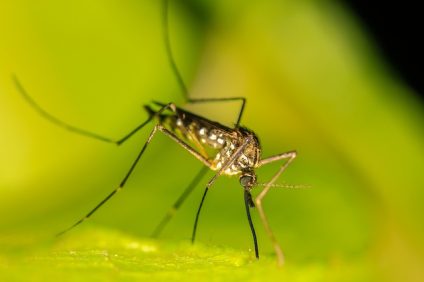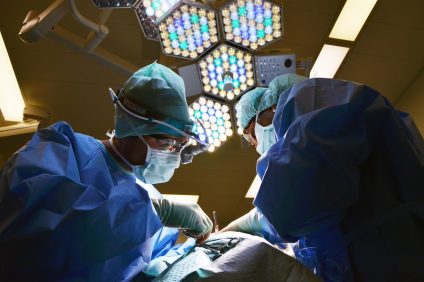Paolo Ascierto, director of the melanoma oncology, oncological immunotherapy and innovative therapies unit of the Institute is the first oncologist in the world. We heard about him during the emergency Covid for being the first to want to try a anti arthritis drug to cure the disease. But he is undoubtedly much better known for his research prowess oncological. So much so that they have also noticed it at an international level. A new and important milestone for the National Cancer Institute "Pascale Foundation". An excellence in health care, a scientific hospitalization and treatment center of great national importance.
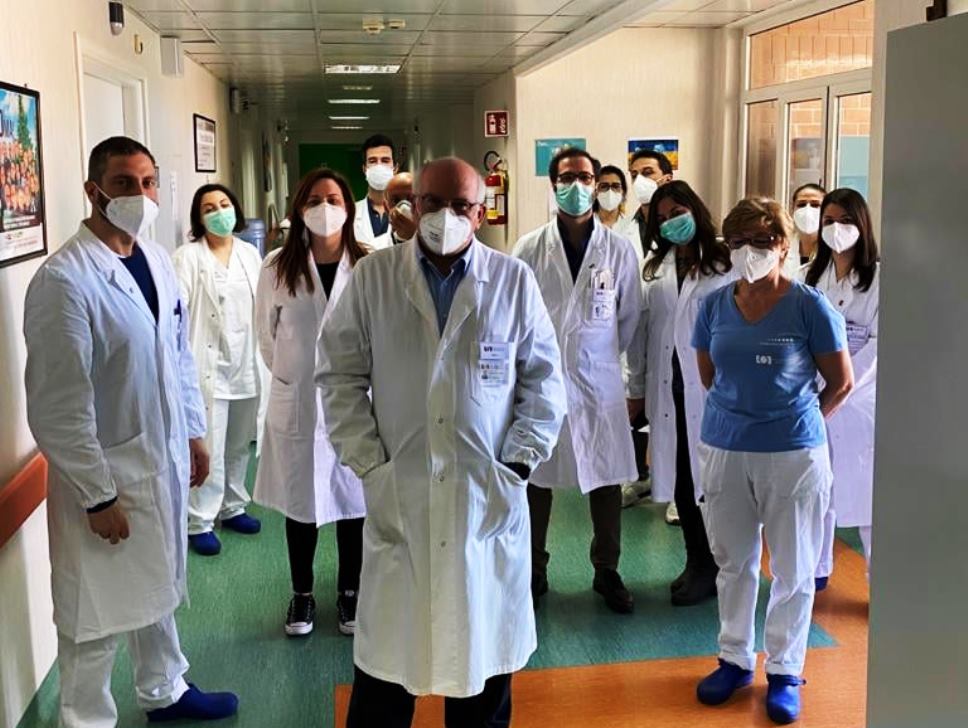
The Pascale of Naples and the research started by Ascierto
The institute thus confirms itself at the forefront of research and cycle for melanoma. The international record was established by a ranking drawn up by the American site "Expertscape.com". In comparison 65 thousand experts. And among them in first place there is Paolo Ascierto. He has become a familiar face and a point of reference during the most acute phase of the pandemic. In fact, he sensed that the drug for the treatment against rheumatoid arthritis could also have a positive outcome for patients suffering from Covid.
The scientific analysis involving Pascale from Naples and Ascierto
Ascierto, who was made a knight and commander of the Republic a few years ago, has led many in recent years research for the fight against melanoma. "I lead a very good team - Ascierto pointed out -. In these years we have carried out important studies for the development of increasingly effective therapies able to fight melanoma, a very aggressive skin neoplasm in metastatic phase and in strong growth, with about 14.000 new diagnoses in 2019 in Italy".

To establish the primacy of the Neapolitan structure, the research started from some scientific data. Researchers from the University of North Carolina designed the analysis. I took into consideration the scientific production of clinicians in the various fields of medicine. The data, therefore, analyzes the publications of the last decade, evaluating the quality of the journal and the position as author in the article. From the analysis of the American researchers, Ascierto has an “Impact factor” and an “H-Index”. These are two parameters used to measure scientific production, equal to over 3500 and 68 respectively. In addition, Ascierto is a member of the working groups for the guidelines of ASCO (American Society of Clinical Oncology) and ESMO (European Society of Clinical Oncolgy) on melanoma. And again he is coordinator of the guidelines on this neoplasm of AIOM (Italian Association of Medical Oncology).
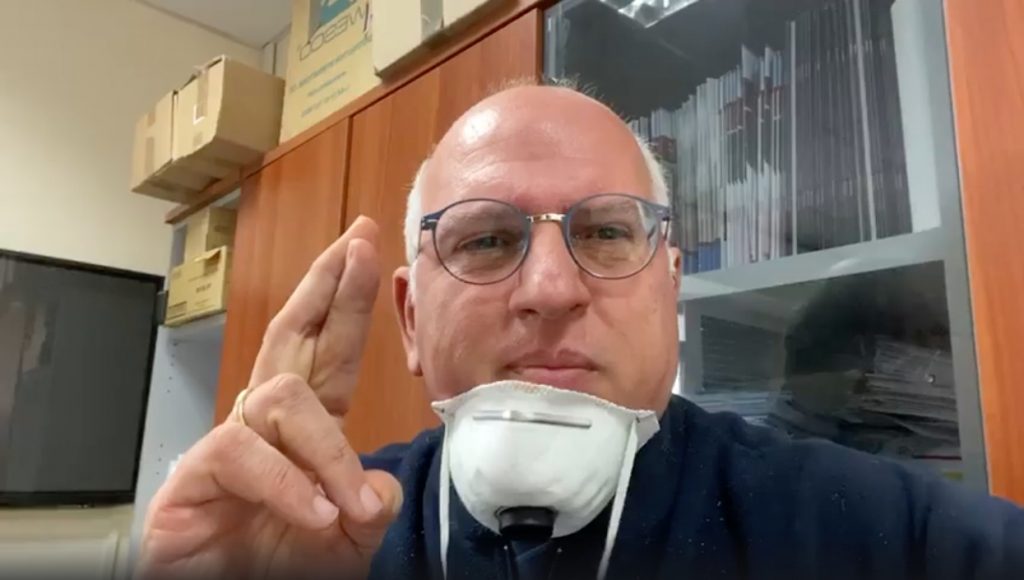
Other doctors of the Naples institute awarded
Not only Ascierto, however. In this important international ranking there are also two researchers from the medical team of the oncologist. They are the collaborators Ester Simeone and Antonio Grimaldi. And then the data concerning Pascale are quite significant of the results achieved. "In the last decade - underlines the scientific director of the oncology center, Gerardo Botti - more than 120 melanoma trials were conducted at Pascale, for a total of over 3.500 patients involved. An Institute that confirms its role as an international leader involved in the main clinical and translational trials, as well as in the definition of the most important guidelines in the sector". For Attilio Bianchi, director general of the Institute "these data, and I say it with great pride, show the prominent role of our Institute not only in general oncology, but above all in the most innovative strategies of medical oncology represented by immunotherapy ".

